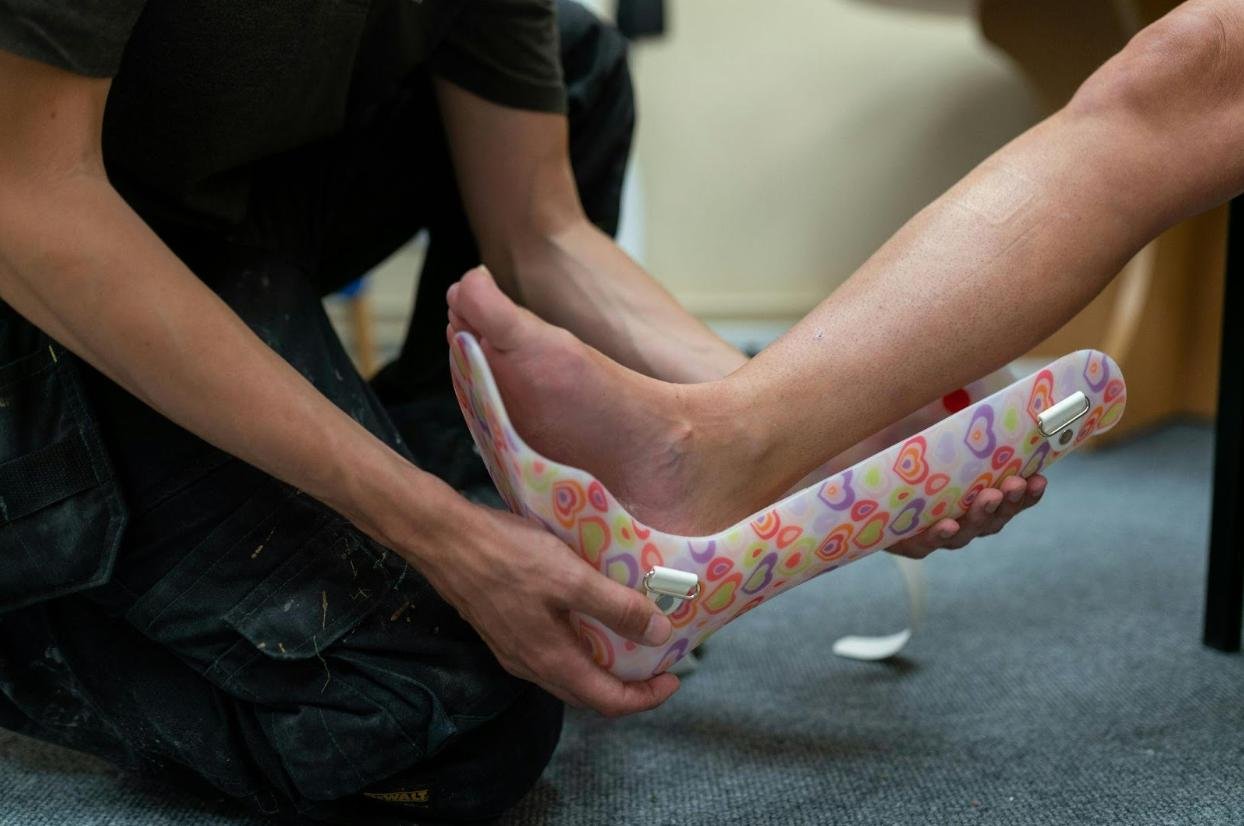Imagine a society where no one is constrained by a disease or injury and can enjoy life to the fullest. This is something that you, as an occupational therapy assistant (OTA), can actually make happen. Being an OTA can be the ideal choice if you’re searching for a career that offers excellent job security, advancement opportunities, and the ability to impact people’s lives.
This article will delve into the job profile of an Occupational Therapy Assistant, covering duties, necessary training, career prospects, educational paths, and reasons to pursue this profession.
What Does an Occupational Therapy Assistant Do?
An Occupational Therapy Assistant starts working under the supervision of an authorised Occupational Therapist (OT) to assist patients in developing, recovering, and improving their daily living and working abilities. The role is relatively hands-on and patient-targeted, involving a combination of clinical and administrative responsibilities.
Key Responsibilities:
- Patient Care: OTAs work directly with patients to implement treatment plans designed by Occupational Therapists. This can encompass guiding patients through therapeutic physical games, supporting them in chores like dressing or eating, and using adaptive devices.
- Recording Progress: OTAs are responsible for monitoring progress. They watch patients during treatment, record their development, and report back to the OT. This feedback is essential for modifying treatment programs and ensuring patients are on pace to reach their objectives.
- Support and Motivation: An essential aspect of the OTA’s job is to assist patients stay motivated and involved in their therapy by offering them emotional support and encouragement.
- Documentation: OTAs must keep precise records of patients’ diagnoses, treatments, and progress, ensuring that all data is current and compliant with healthcare laws.
Essential Skills and Attributes of an Occupational Therapy Assistant
It takes specific abilities and character traits to succeed as an occupational therapy assistant. These help you execute your job well and guarantee you can provide your patients with the greatest care possible.
1. Compassion and Empathy
OTAs frequently assist patients who are facing significant obstacles, such as recovering from a stroke or managing a chronic illness. Establishing connection and trust via empathy and compassion is essential to improving treatment efficacy.
2. Interpersonal Proficiency
Strong communication skills are essential for OTAs to effectively communicate treatment exercises and activities to patients and their families. Additionally, suitable communication guarantees smooth cooperation with Occupational Therapists and other healthcare professionals.
3. Flexibility and Adaptability
Therapy progress can be difficult and sluggish. Therefore, OTAs must be flexible and patient. Being adaptable is essential because every patient is unique, and what works for one may not work for another.
4. Focus on Details
Close observation and accurate documentation are crucial components of the OTA’s job. Attention to small details can significantly impact patients’ responses to treatment, leading to faster recovery.
5. Physical Stamina
An OTA’s job can be physically taxing because it requires lifting, transferring, supporting patients, and standing for extended time.
How to Take an OTA Course
Usually, you have to finish an official educational program to become an OTA. The general steps involved are as follows:
- A high school diploma or its equivalent is the prerequisite for most OTA programs.
- Finish the OTA Program: Become a student in a recognised program for occupational therapy assistants. Completing these programs usually takes one to two years.
- Become Occupational Therapy Assistant (COTA) Certified: To become a certified OTA, you must pass the COTA exam after finishing your program.
- Acquire Experience: OTAs with clinical experience are preferred by many workplaces. In order to obtain real-world experience, think about volunteering or applying for entry-level jobs.
Job Outlook and Career Opportunities
The demand for Occupational Therapy Assistants is proliferating, making it an extraordinary career preference in terms of process safety and possibilities for development. The U.S. Bureau of Labor Statistics quotes that the scope of OTAs is expected to grow 32% from 2020 to 2030, faster than the common for all occupations. Increasing demand for remedy services for ageing populations and individuals with disabilities drives this growth.
Career Advancement Opportunities:
- Specialisation: OTAs can specialise in areas such as paediatrics, geriatrics, or intellectual health, which could result in higher-paying positions and more satisfying work.
- Further Education: Some OTAs decide to further their schooling and become Occupational Therapists (OTs), which requires a master’s diploma in Occupational Therapy.
- Leadership Roles: With enjoyment, OTAs can move into leadership or supervisory roles, overseeing different OTAs or coping with therapy departments.
The Rewards of Being an Occupational Therapy Assistant
Becoming an Occupational Therapy Assistant offers an activity and a significant and pleasurable career. As an OTA, you can make a good-sized difference in the lives of folks who want help guiding more impartial and pleasant lives.
- Personal Satisfaction: There’s immense inner satisfaction in assisting someone overcome an injury, regain lost competencies, or attain more independence. OTAs regularly develop close and rewarding relationships with their patients, witnessing firsthand the positive impact of their work.
- Flexibility and Variety: Being an OTA allows you to work in various environments, including schools, hospitals, rehabilitation facilities, and patients’ homes. This variety ensures that no two days are the same, keeping the work exciting and engaging.
- Strong Community Impact: OTAs are essential in helping their communities promote health and wellbeing. OTAs improve the general wellbeing and productivity of the community by assisting people in leading more independent lifestyles.
In summary
A career as an (OTA) occupational therapy assistant is demanding and fulfilling. It provides the opportunity to positively impact people’s lives while benefiting from employment security and advancement prospects. An OTA’s work is worth exploring whether you’re considering making a professional move or just getting started. With the proper education, skills, and dedication to supporting others, you can embark on a fulfilling career that truly matters.









